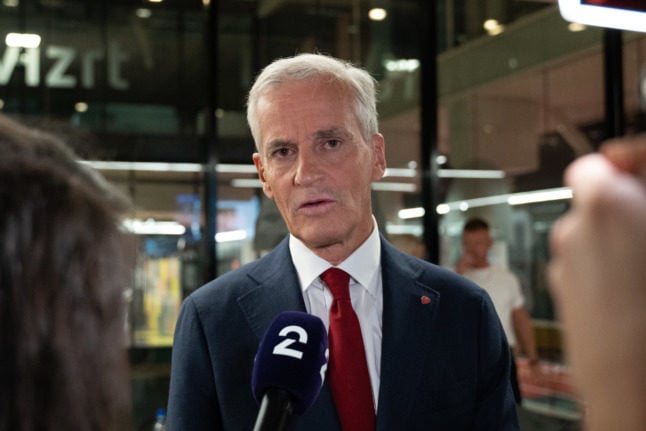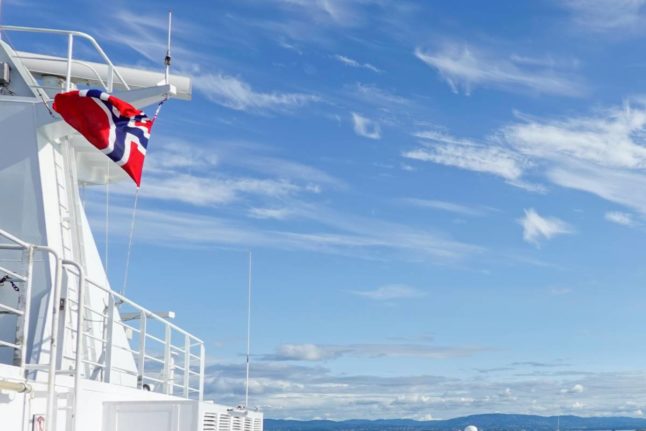The Labour Party and its leader Jonas Gahr Støre, in all likelihood the next prime minister, and his two preferred allies, the Centre Party and Socialist Left Party, won an absolute majority with 89 of 169 seats in parliament, according to preliminary election results.
Outgoing Conservative Prime Minister Erna Solberg acknowledged late Monday that her centre-right coalition had been defeated.
“In the next few days, I will invite the leaders of all the parties who want a new government to talks,” Støre, who campaigned against social inequalities, said in his victory speech late Monday.
In addition to the Centre Party and Socialist Left Party, Store said he plans to meet with two other members of the current opposition, the Greens and the communist Red Party, who won three and eight seats respectively, according to the preliminary results.
The negotiations present numerous challenges. The Centre Party, which defends the interests of its rural base, and the Socialist Left Party, which advocates for social justice and environmental protection, are at loggerheads on several issues, including taxes and the oil industry. Norway is Western Europe’s biggest producer of oil.
While the three parties governed together under Jens Stoltenberg — Støre’s mentor and predecessor as Labour leader — the Centre Party said throughout the election campaign it would not govern together with the Socialist Left Party, though it has softened its tone somewhat in recent days. Talks to build a new government are expected to take several weeks.
Last night, both parties that Labour will be hoping join them in government pledged that they would be no pushovers when it came to the talks.
Outgoing PM Erna Solberg confirmed to Norwegian press on Tuesday that she has no plans of stepping down from her role as Conservative Party leader just yet and that she would lead the party in the 2025 election.
“I will lead the Conservatives as long as the party wants me to lead them. It is they who decide who will lead them, but I am motivated to stay on,” Solberg told reporters.
Solberg also told press that she had spoken to the Norwegian king and said the current government would resign once Støre was ready to form a coalition.
“I will submit my resignation when a new government is ready to take over. Until then, the government will govern with the powers we have,” she said.
The power of the government will be limited and they won’t be able to, for example, push through any controversial bills.



 Please whitelist us to continue reading.
Please whitelist us to continue reading.
Member comments